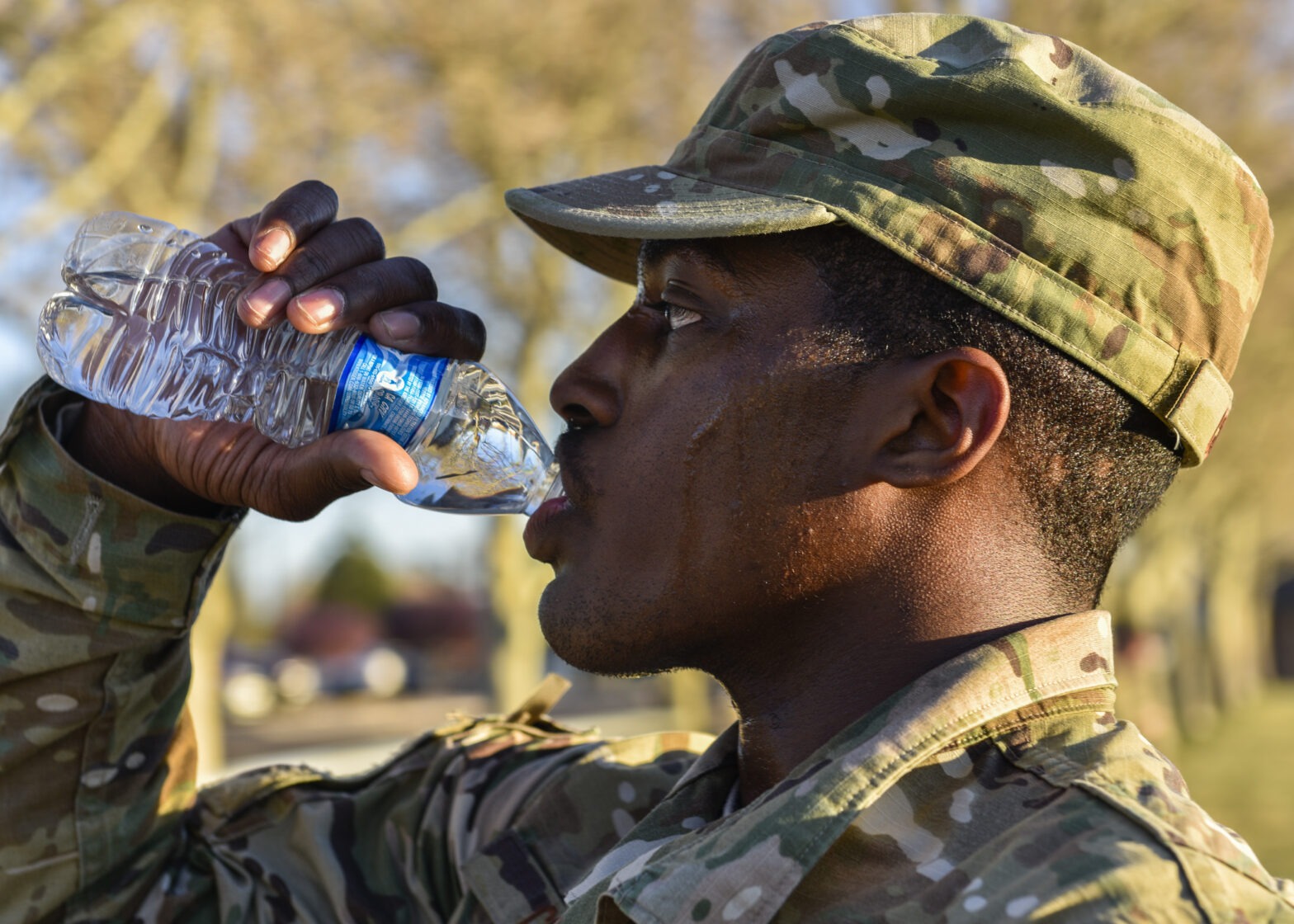Hydration and Diabetic Foot Care: A Crucial Connection
Dehydration can pose significant risks for individuals with diabetes, especially those who also suffer from foot problems. Proper hydration is essential for maintaining overall health, preventing complications, and promoting optimal foot function.
In this article, we’ll explore the specific hydration recommendations for diabetics with foot issues, discuss the importance of staying hydrated, and examine research studies that support these recommendations.
Why Hydration Matters for Diabetic Foot Care
- Blood Flow: Adequate hydration is crucial for maintaining healthy blood flow to the feet, which is essential for preventing foot ulcers and infections. Dehydration can impair blood circulation, leading to tissue damage and delayed wound healing.
- Nerve Function: Nerve damage, often associated with diabetes, can affect sensation in the feet, making it difficult to detect minor injuries or infections. Proper hydration can help support nerve function and reduce the risk of neuropathy.
- Wound Healing: Adequate hydration is essential for the body’s healing process. Dehydration can hinder tissue repair and increase the risk of infections.
- Blood Sugar Control: Dehydration can affect blood sugar levels, making it more difficult to manage diabetes effectively. This, in turn, can increase the risk of diabetic foot complications.
- Overall Health: Staying hydrated is essential for overall health and well-being. It can help prevent fatigue, dizziness, and other health problems.
Research Studies on Hydration and Diabetic Foot Care
- Study 1: Dehydration and Foot Ulcers: A study found that dehydration was a common factor in patients with diabetic foot ulcers. Proper hydration was associated with improved wound healing and reduced risk of infection.
- Study 2: Hydration and Neuropathy: Another study examined the relationship between hydration and neuropathy in people with diabetes. Results showed that adequate hydration could help improve nerve function and reduce the symptoms of neuropathy.
- Study 3: Hydration and Blood Sugar Control: A study found that dehydration could contribute to fluctuations in blood sugar levels, increasing the risk of diabetic complications, including foot problems.
- Study 4: Hydration and Kidney Function: Adequate hydration is essential for kidney health, which is particularly important for people with diabetes. A study showed that dehydration could lead to kidney damage, which can further affect foot health.
- Study 5: Hydration and Overall Health: A study examined the relationship between hydration and overall health in people with diabetes. Results indicated that adequate hydration was associated with improved quality of life and reduced risk of complications.
Specific Hydration Recommendations for Diabetics with Foot Problems
- Drink Plenty of Fluids: Aim to drink 8-10 glasses of water per day, or more if you’re physically active or in a hot climate.
- Monitor Your Urine Color: Dark-colored urine can be a sign of dehydration. If your urine is consistently dark, increase your fluid intake.
- Consider Electrolyte-Rich Fluids: If you’re sweating heavily or experiencing vomiting or diarrhea, you may need to replenish electrolytes in addition to fluids. Sports drinks or electrolyte-enhanced water can be helpful.
- Limit Sugary Drinks: While sugary drinks may provide hydration, they can also contribute to weight gain and blood sugar fluctuations. Opt for water or unsweetened tea instead.
- Be Mindful of Medications: Some medications can affect fluid balance, so it’s important to consult with your healthcare provider if you have any concerns.
Conclusion
Adequate hydration is essential for maintaining foot health in people with diabetes. By following these recommendations and staying mindful of your fluid intake, you can help prevent complications, improve blood flow, and support overall well-being. If you have concerns about your hydration level or diabetic foot care, consult with your healthcare provider for personalized guidance.

